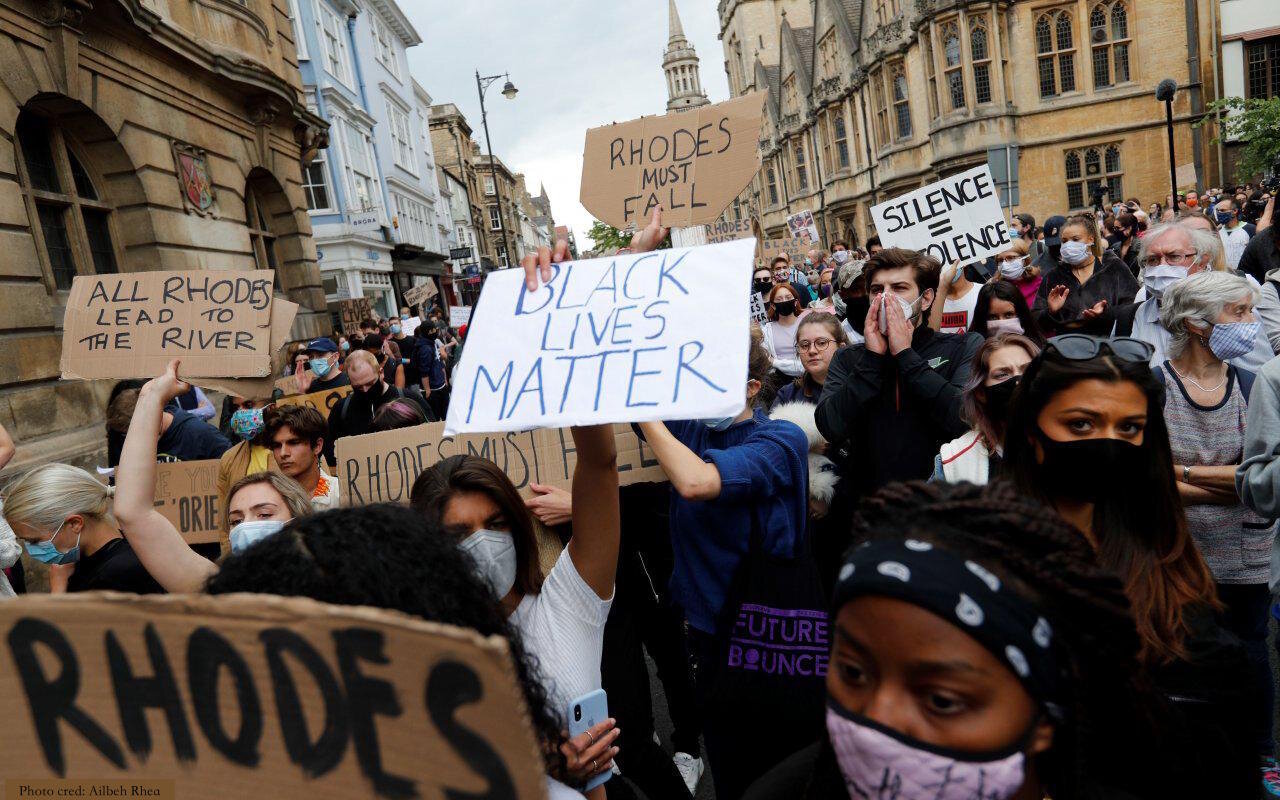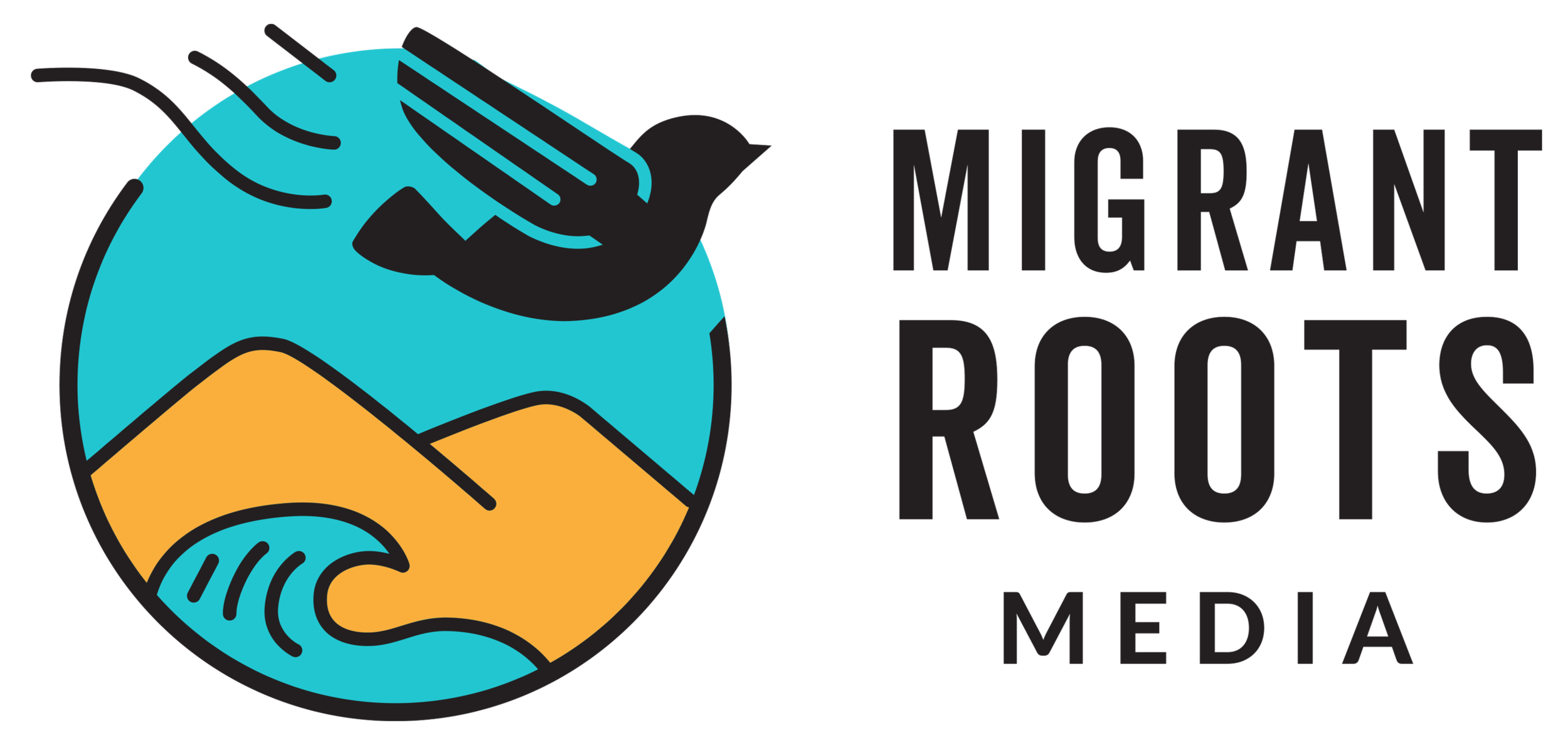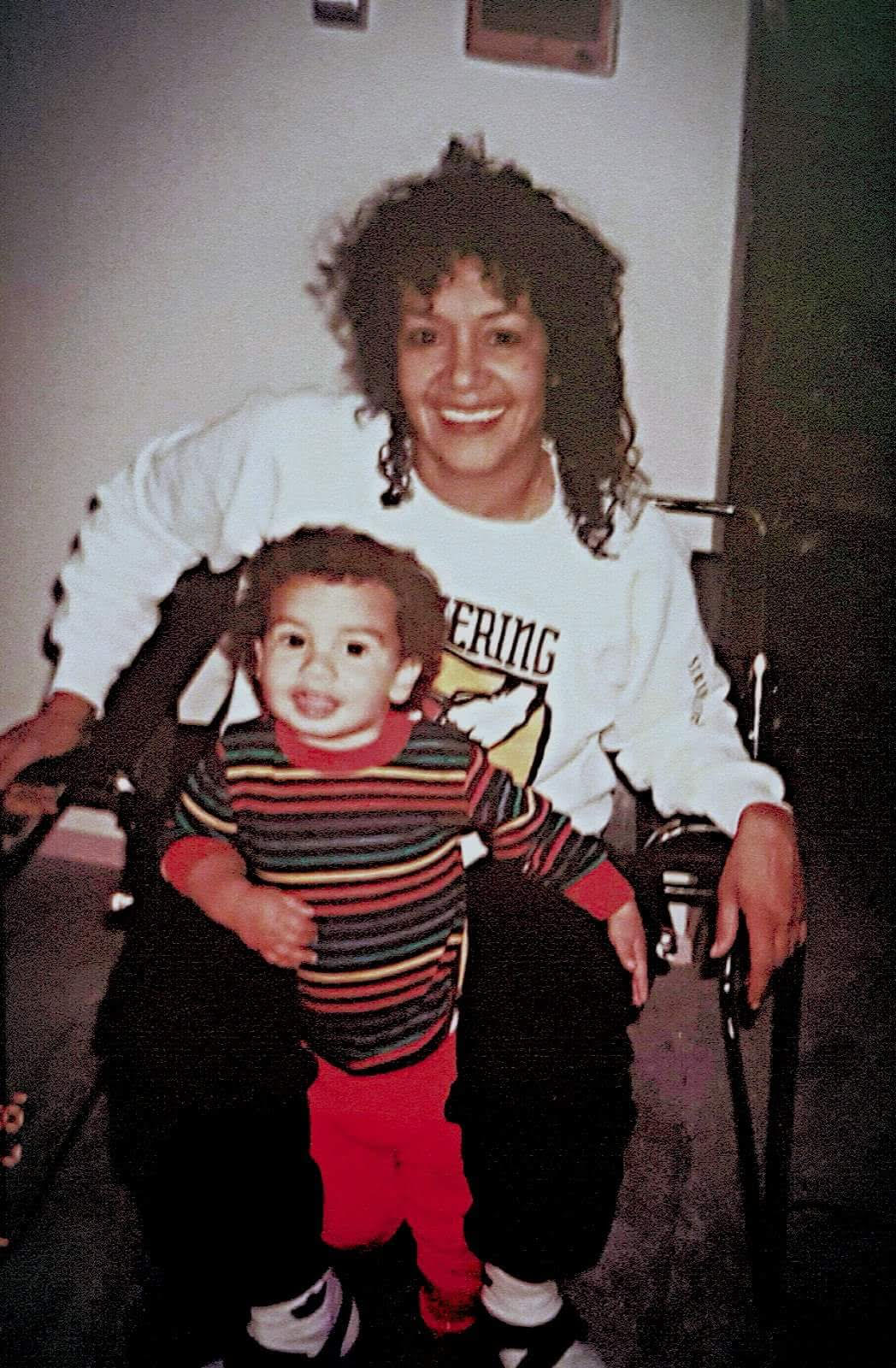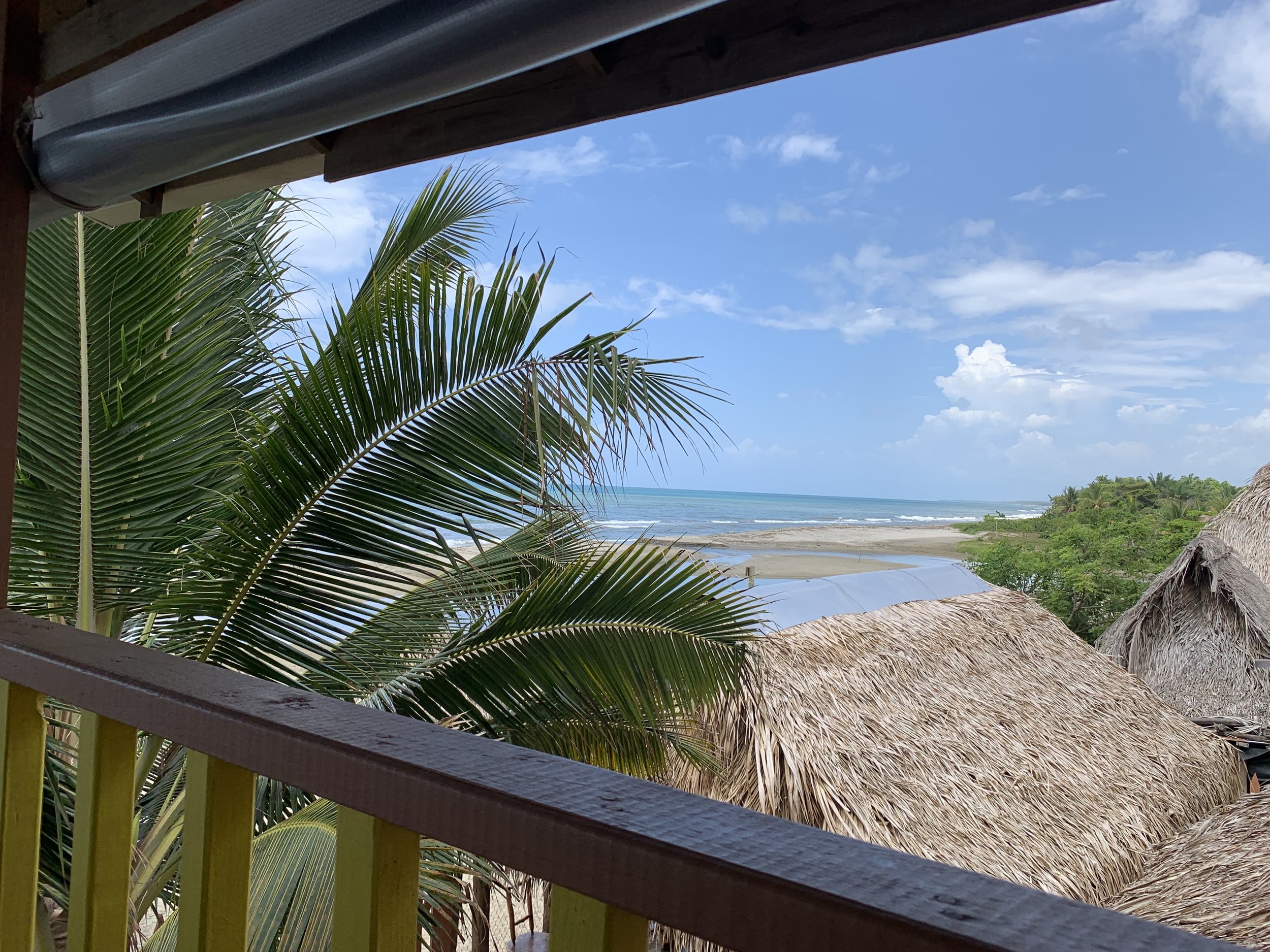The University and the Revolution

I am a Black international student from Kenya at Duke University, one of the many students in this settler-colonial, imperialist nation who are forced to leave their countries because of the need for an education. COVID-19, the Black Lives Matter (#BLM) movement, and ICE’s continued terrorization, including its new directive, are showing us that all Black diaspora students in solidarity with their Black African counterparts must unite to resist this imperial system that subjects them alike, though in different ways.
We in the African continent and in its diaspora are constantly reminded to remain critical of the structures of neo-colonialism. Walter Rodney, a prominent Guyanese historian and political activist, described that when economic, political, and military power are centered outside the African continent, “the factor of dependency [makes] its impact felt in every aspect of the life of the colonies,” thus perpetuating the colonial relationship through neo-colonialism (Rodney, 1973). As a result of a law that dates back to colonial Tanganyika (modern day Kenya, Uganda, and Tanzania), for instance, I was illegally imprisoned for queer activism in Kenya. My decision to enroll in a U.S. university was a decision informed by my own desire for safety in the context of neo-colonialism.
Furthermore, our education system across the African continent is so centered around Westernism that, even as I grew up in Kenya, I was thoroughly punished for speaking Swahili, my national language, in school. Our public schools remain underfunded through a monetary system that is controlled by our former colonizers. Moreover, while our African political leaders are corrupt, we know that corruption is not limited to their geographic location as corporate media demonizations of Africa would like us to believe (Archibong, 2018). A 2019 Citations Needed podcast episode argues that “our limited, racialized definition of corruption in popular discourse is the geopolitical equivalent of complaining about “black-on-black” crime.” This victim-blaming approach averts discussions of
“...[W]hite supremacy, deliberate economic dispossession, and the far greater global regime of corruption leveled by the super-wealthy who extract over $2 trillion annually from the global south in illicit outflows using tax shelters, hot money, interests on exploitative IMF loans, trade misinvoicing and a host of routine, totally unscrutinized financial schemes.”
Our African political figures are the product of a system that has shown them that such leadership opportunities should be self-serving rather than in the service of their people, their communities, and their environments. Any process for accountability should be grounded firmly in an understanding of the root causes, namely, colonialism, neo-colonialism, global capitalism, and imperialism.
As an international student, I refuse to act like a collaborator by attending a top university in the United States without openly holding the government accountable for its history of imperialism. The global economic system that the United States promotes is designed to reduce the opportunities for people to receive higher formal education (if they choose to) so that a racialized underclass of exploitable laborers can be preserved. Those who are able to attend African universities do not have as many resources as U.S. academics, making the U.S. university the only viable option for long-term academic “success” and greater financial gain. Even those who do make it abroad like myself encounter various challenges, such as contending with our Blackness because white supremacist media contructs a rift between Black people in imperial nations and in Africa through controlling and regulating images, stories, pictures among others.
As we work towards the abolition of global capitalism, we have to remember the central role that U.S. universities play in relationship with “the American state, philanthropic organizations, and international financial institutions” to dominate the global imaginary and govern the material relations and distributions of our modern world (Kamola, 2019). Universities like Duke have educated an elite and racist class of people, honored them, and continue to center their legacies to date: statues, buildings, and the list goes on. This is a colonial industry that values money over life. How can we stand the concept of privatized education knowing it makes a profit off oppression, elitism, and gate-keeping?
We must resist this system. In the United States, in Africa, and across the world.
If you are African or from the Black diaspora, your time is now. Remember this in your discussions about Black Lives Matter. If you are a university student, remember this in your discussions pertaining to education and policy. Black liberation is now and it is mandatory across all boundaries and for all Black Life: LGBTQIA+ (and whatever other identity comes as a result of this gendered capitalist prison). Abolition is the only way forward; it is now, not tomorrow. Like those at the frontline of Standing Rock fighting for their water, we center life! Indigenous Lives! Black Lives! All Black and Indigenous Lives Matter! Thus, Abolish the Police! Abolish ICE! #RhodesISfalling
James Mbuthia Ndung'u (he/him/his) is a rising junior at Duke University pursuing Feminist Studies. Originally from Nairobi, Kenya, James is a storyteller, organizer, and activist passionate about race, queer theory, and decoloniality, especially “decolonization.” In partnership with the Kenan Institute of Ethics at Duke University, James is working on curating the first digital archive of Queer Resistance across Africa, starting with four countries this summer. Through his writing, he hopes to empower readers to engage critically with the legacy of our world history and how it continues to impact us. In doing so, he likewise hopes to actively challenge the institutions that uphold these colonial legacies and shape the present day.
To keep updated with his work, follow James on Twitter: @Mbuthia.





